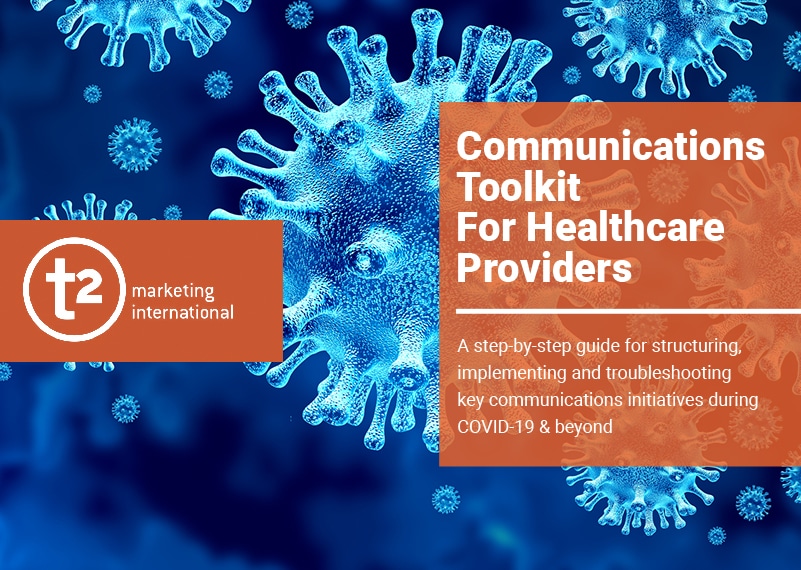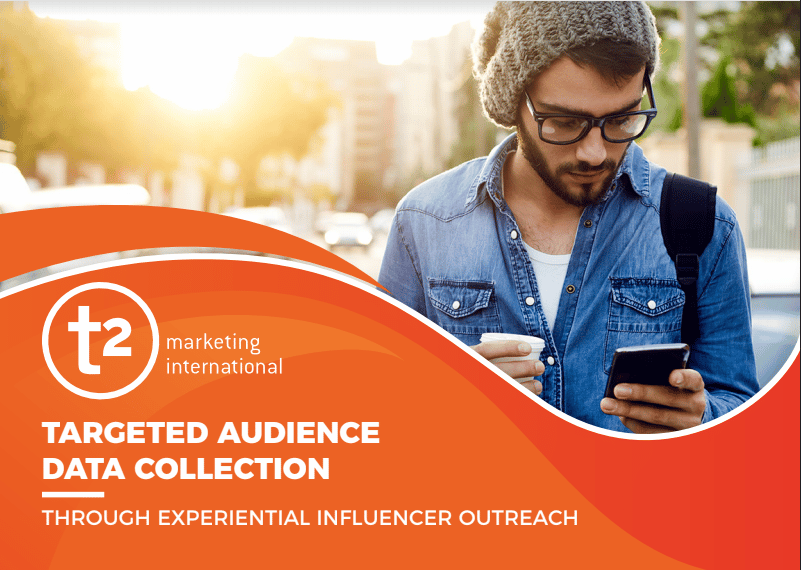A Marketer’s Responsibility During Time of Crisis
For those of us who were in business in 2008 or during the dot-com bubble burst, we can vividly recall the economic downturn and the challenges faced by businesses at a macro level and the hardships faced by individuals at a micro level.
This time, it’s different. The Coronavirus is like nothing we’ve seen before. Economic downturns usually creep up on the economy over a period of time. You can see them in your rearview mirror and map out a preparedness action plan. They don’t shut down businesses, supply chains, countries, or the world, for that matter, in a period of weeks.
In 2008, our agency was fortunate enough to have a number of clients that weren’t significantly impacted by the recession and we were expanding our business development team. We posted ads and were amazed at the range of candidates who applied for the positions including lawyers, engineers, a couple of pilots and even a priest. The impact of the slowdown was painfully obvious. Many candidates had no experience in marketing, no background in advertising and a large majority had limited knowledge of the digital landscape. But they needed to work and we were hiring.
Throughout the 18 months of that recession, we had to make some tough decisions when it came to certain client accounts but we had time to make those decisions because the economic crisis rolled in like the build-up of high tide. This is a tsunami.
Over the past few weeks, our agency has noticed a significant increase in email and solicitation requests. We are hearing from people who have been out of touch for years inquiring to see if there is anything they can do for us; any business we can send their way, any services they can provide? We have been inundated with invitations to join webinars, download ebooks with statistics about the impact of the Coronavirus on marketers, and invitations to take advantage of deep discount offers for products we haven’t used in years.
This is fully understandable. It’s about survival. Most of the webinars we have joined are more about the presenter staying engaged and keeping top of mind with their community than it is about a new idea or product. But these people are taking initiative and looking for ways to innovate and remain relevant.
For marketers, and agencies, in particular, the reality is that not every business is going to come out on the other side of the tunnel. Most of you are already experiencing the impact of this global event with clients cutting budgets or closing operations. For many of these companies, marketing costs are among the first and easiest expenditures to reduce or eliminate.
As marketers, there is one very specific responsibility we have to our clients at this time: honesty. Our agency does a lot of work with ecommerce companies and, on average, we are currently receiving at least half a dozen emails every day from various service providers claiming there is a ‘huge uptick’ in online traffic and orders for everything from beauty products to fashion. Now, they claim, would be a great time to consider expanding, not contracting our marketing campaigns.
That might be true in very specific verticals for certain products (anyone have some extra toilet paper they need to unload?) but asking our clients to embark on campaigns as a result of misleading data would be a disservice to both the client and ourselves.
As marketers, we have a responsibility to clearly understand the current environment and the ability to analyze the expected ROAS, especially at a time like this. Sure, if you are fortunate to have clients who continue to operate during the Coronavirus outbreak it may be easier to counsel them to invest in content and advertising but know when to emphatically say no.
This is a hard course to follow because for many agencies, especially smaller boutiques, saying no to revenues even in normal times goes against our natural instinct as business owners. But these aren’t normal times. Your long-term vision for the future or even your short-term plan for survival must include a strategy for maintaining the relationships you have built, and that’s why you need to be brutally honest with your clients.
At the same time, guide your clients through these challenges. If part of your digital program involves PPC and Facebook ads, analyze if these are appropriate or if they are even relevant right now. If not, help your client find alternatives. But if the data says the investment is unwise, we have a responsibility as marketers to advise the client accordingly.
However, saying no to one initiative does not mean saying no to everything. Earlier in this post, I talked about webinars and how many presenters are trying to stay top of mind. Perhaps your client needs to pivot their current program to one of awareness and support. Granted, this may mean a lot less revenue for your agency but it offers your client an alternative to going cold.
We’re all in this boat together and we all have a common goal of getting back on track safe and sound. If you are an agency advising a client and you hope to build meaningful, long term loyalty with those that survive these extraordinary events, be honest with them and focus on solutions. You’ll both be grateful that you did.





